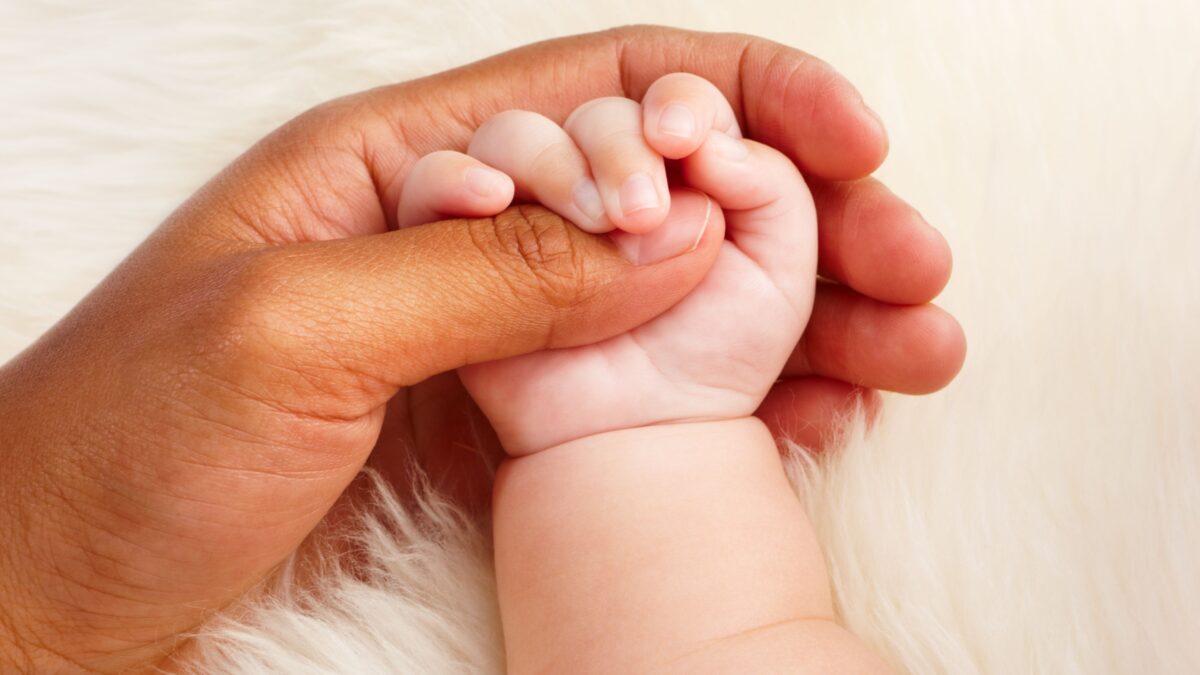The decision or circumstance of not having children can have profound psychological effects on an individual or a couple. While some people consciously choose a child-free lifestyle and feel content, others may experience emotional distress, societal pressure, or even grief due to infertility or life circumstances. The psychological effects of not having a child vary depending on personal values, cultural influences, and individual emotional resilience.
This article examines how psychology views not having children, the emotional effects of childlessness, and guidance for guiding life without children in a fulfilling way.
Table of Contents
ToggleHow Does Psychology View Not Having a Child?
Psychologists recognize that not having children can lead to a wide range of emotional responses shaped by personal expectations, societal norms, and biological factors. Some key wisdom includes:
1. Personal Identity and Life Purpose
Many people associate parenthood with purpose, and those unable to have children may struggle with their sense of identity.
Example: A woman who always envisioned herself as a mother might feel a loss of direction if she remains childless.
2. Cultural and Social Expectations
Society often pressures individuals to follow traditional life paths, which can create feelings of inadequacy or exclusion for those without children.
Example: At family gatherings, constant questions like, “When are you having kids?” can cause stress and sadness.
3. Coping with Infertility or Unfulfilled Expectations
Infertility can lead to grief, depression, and emotional distress, similar to the mourning process.
Example: A couple trying for years without success may experience emotional withdrawal or tension in their relationship.
4. Child-Free by Choice: A Different Perspective
Many people choose not to have children for personal, financial, or career-related reasons and experience fulfillment in other ways.
Example: A professional couple might prioritize travel, career growth, and personal freedom instead of parenthood.
Psychological Effects of Not Having a Child
1. Feelings of Loneliness and Isolation
Without children, individuals may feel disconnected from peers who are parents, leading to a sense of social isolation.
Example: A middle-aged woman may find it hard to relate to friends who mostly discuss parenting topics.
2. Sense of Unfulfilled Legacy
Some people believe having children is a way to leave a lasting legacy, and not having them may create existential concerns.
Example: A man in his 50s might question, “Who will recognize me when I’m gone?”
3. Increased Pressure in Aging and Elder Care
Without children, individuals may worry about who will take care of them in old age.
Example: A childless woman in her 70s may feel anxious about who will support her if she becomes ill.
4. Emotional Grief and Depression
For those who wanted children but couldn’t have them, the loss can trigger prolonged sadness and grief.
Example: A couple who experienced multiple miscarriages may struggle with deep emotional pain.
5. Stronger Marital or Romantic Bond (For Some)
Some couples without children develop deeper companionship and shared experiences outside of parenting.
Example: A married couple who travels frequently and supports each other’s personal growth may find deeper emotional intimacy.

6. Heightened Career and Personal Growth
Many child-free individuals invest more in personal development, career goals, and life experiences.
Example: A child-free man may start a business and mentor younger professionals, creating a different kind of legacy.
7. Guilt or Regret Later in Life
Some people who choose not to have children later wonder if they made the right decision.
Example: A woman in her late 50s might feel a pang of regret when seeing friends with grandchildren.
8. Freedom and Autonomy
Many individuals find joy in the independence that comes with a child-free lifestyle.
Example: A couple in their 40s can spontaneously take an overseas vacation without worrying about school schedules or childcare.
9. Increased Philanthropic or Community Involvement
Without parenting responsibilities, some people dedicate their time to causes they care about.
Example: A childless couple might sponsor children in need or volunteer at a local charity.
10. Greater Financial Stability and Lifestyle Flexibility
Raising children is expensive, and many child-free individuals experience financial freedom.
Example: A professional in their 30s may invest in properties or retire early due to financial independence.
Recommendations for People Who Do Not Have a Child
1. Redefine Your Life’s Purpose
Find meaning in work, relationships, and personal achievements rather than parenthood.
2. Build Strong Relationships with Family and Friends
Nurture deep connections with siblings, nieces, nephews, and close friends to create a sense of belonging.
3. Hire in Mentorship or Teaching
Many child-free individuals find fulfillment in mentoring younger generations.
4. Plan for Future Security
Invest in financial planning, long-term care, and social support systems for later years.
5. Welcome Personal Freedom and Adventure
Travel, pursue hobbies, and experience new cultures without the restrictions of parenthood.
The psychological effects of not having a child depend on personal outlook and societal influences. Whether by choice or circumstance, fulfillment in life comes from purpose, relationships, and personal passions beyond traditional roles.
Watch and Read!
- “Childfree by Choice” by Dr. Amy Blackstone
- “Otherhood: Modern Women Finding a New Kind of Happiness” by Melanie Notkin
- “Selfish, Shallow, and Self-Absorbed” by Meghan Daum
- “Eat Pray Love” (2010)
- “Julie & Julia” (2009)
- “Under the Tuscan Sun” (2003)
FAQs
Yes, it’s normal, especially if having children was an expectation. Processing emotions through therapy or self-reflection can help.
Absolutely. Many people without children lead rich, rewarding lives through career achievements, relationships, and personal passions.
Set boundaries, communicate your decision confidently, and surround yourself with supportive individuals.

